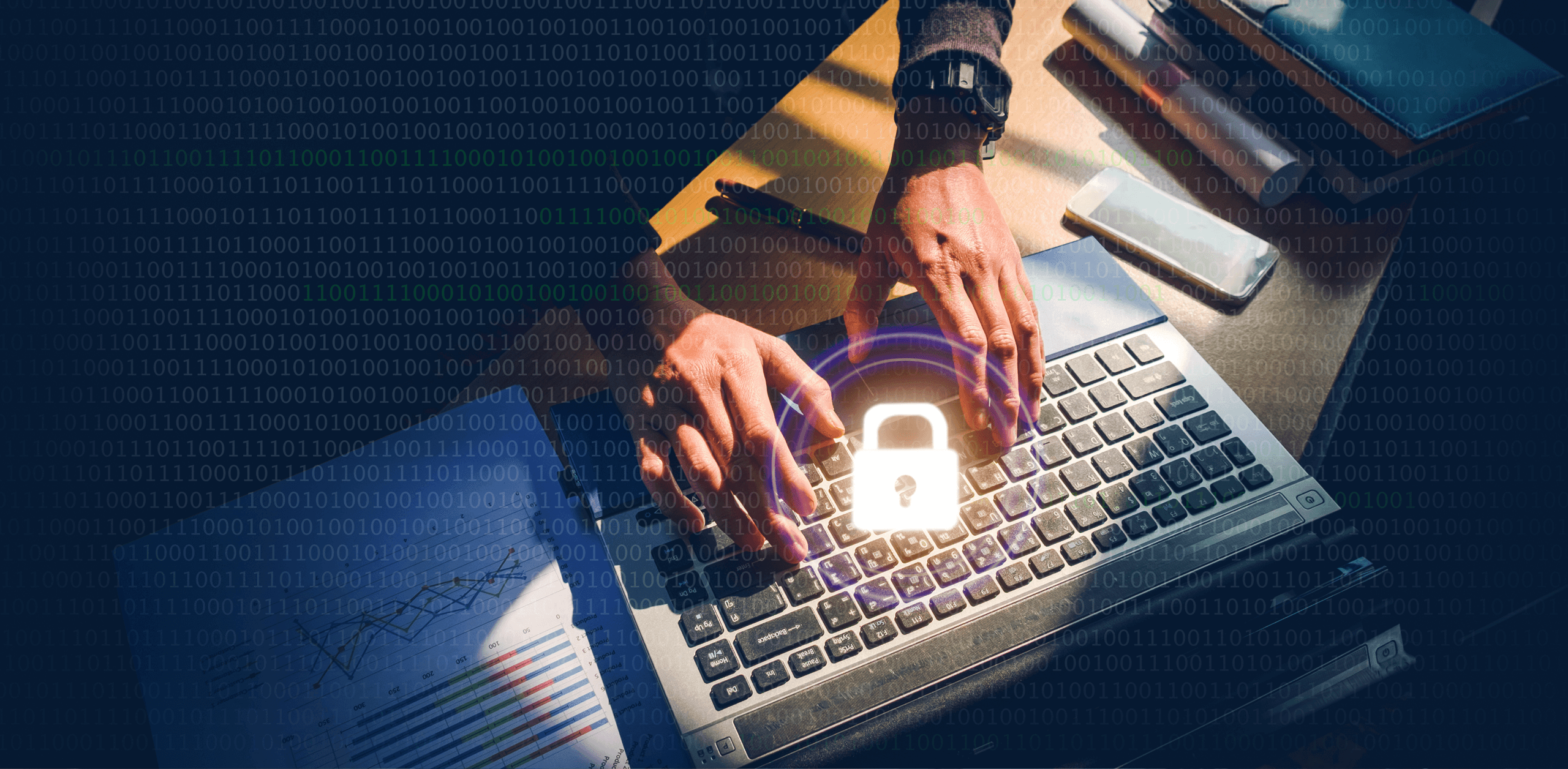Clients are more likely than ever to change firms if their current counsel does not prioritize security.
When news breaks about businesses being hacked, it usually focuses on big social media or technology companies like Facebook or Microsoft. However, experts say cyber criminals also consider government agencies, financial institutions and law firms to be high-value targets. In fact, the American Bar Association reports that one-third of law firms with over 100 attorneys have experienced a data breach.
This makes it more essential to ensure that your firm has the most robust security systems possible to safeguard your client information, internal documents, and vendor communications. You need to be able to assure your clients that their personally identifiable information (PII) is protected from unauthorized access from both inside and outside the firm.
Security Certification & Compliance
The ABA requires law firms to protect client information via several ethics rules. In addition, there are governmental regulations, like the Fair Credit Reporting Act (FCRA) and Europe’s General Data Protection Regulation (GDPR) and quality and security standards including ISO 9001, ISO 27001 and PCI DSS, designed to safeguard users’ information and financial transactions. Additional protections, for example, SOC 1 and SOC 2 certification, also exist for service-oriented businesses like law firms.
First developed by the American Institute of CPAs (AICPA), SOC 1 and SOC 2 are akin to technical audits and provide guidelines for how organizations should manage customer data, prevent malicious attacks, and block unauthorized access.
Learn more about SOC 1 and SOC 2 in this on-demand webinar: SOC 2 Compliance & Your Law Firm: What Every Administrator Should Know
The cloud is increasingly becoming the preferred venue for storing data, making SOC 2 a “must-have” compliance for technology companies and service providers, according to Digital Guardian. But SOC 2 is not just meeting the five trust principles or getting certified. It is more about putting in place a safe and secure system within your organization. SOC 2 is also great for showing your customers that you can be genuinely trusted in handling their data.
Protecting Firm and Client Data
Cloud-based legal practice management software that is SOC 2 certified means your firm can have confidence in state-of-the-art systems and processes that have been analyzed by a third-party expert and that your data – and your clients’ data – is protected by the highest-available levels of security, confidentiality and privacy.
Your legal case management system should include a client portal with 256-bit encryption, which top-tier financial institutions use to safeguard online transactions, so that you and your clients can exchange vital information online.
We also recommend using a legal case management provider whose platform requires touch ID technology like fingerprint or facial recognition, as well as multifactor or two-factor authentication (2FA). 2FA adds an extra layer of security to the log-in procedure. The most common examples are when a website or company sends you a verification code via text or email or requires a PIN or transaction authorization number to enter to access your account. The Cybersecurity and Infrastructure Security Agency (CISA) considers 2FA an essential practice for businesses today.
In addition to having these security protocols and certifications, your legal practice management provider must properly train their staff and yours. After all, human error is still the most common way for data to be compromised. CLE classes for attorneys and other forms of security training for staff, vendors and clients can go a long way to ensuring that your firm has an impregnable infrastructure.
Your Clients Expect Security
In the face of increasing security threats, clients are demanding security documentation and even audits, demonstrating the value clients place on security. Clients are more likely than ever to change firms if their current counsel does not prioritize security.
Learn more: Security Key to Attract and Retain Clients
To convince your clients that your firm is on the cutting-edge of technology and security, all the above is necessary, but don’t forget about the cloud. Even though an ABA study on cloud computing shows that 61% of attorneys have security concerns about the cloud and think their data is more secure if they manage it themselves, research by Malwarebytes shows that data stored in the cloud is actually safer than on individual or company hard drives.
Cloud servers are typically housed in secure, heavily guarded warehouses with redundant backup systems. CARET Legal’s legal practice management software resides on the Amazon Web Services (AWS) platform. Documents and data are protected by AWS’s Identity and Access Management protocols, which are replicated across several locations for backup daily. If one server goes down, the system’s other servers will automatically roll over so access to and protection of data is not compromised.
Secure Client Communications
As a legal professional, it’s your responsibility to ensure that privileged information doesn’t get into the wrong hands. While email is convenient, it’s not the most secure way to send documents to clients and colleagues. CARET Legal Caseway™, our secure client portal, is the perfect solution; with the click of a button, you can securely share files with clients.
So be sure to choose a cloud-based legal case management system that has been tailored to meet your firm’s particular needs and offers advanced security.
To learn more about meeting clients’ digital expectations when it comes to technology used by your firm, read CARET Legal’s whitepaper.

